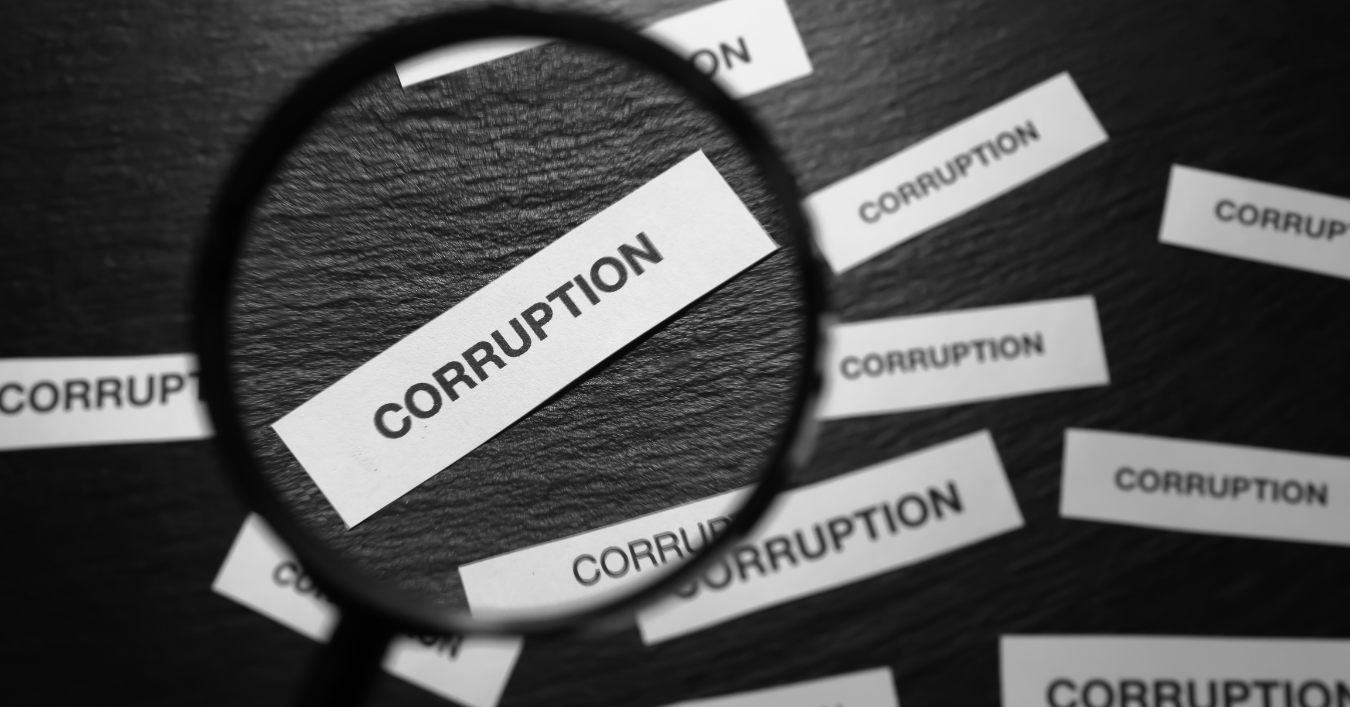The Prevention of Corruption Act (PCA) in India stands as a pivotal piece of legislation, earnestly aimed at combating corruption and holding public officials accountable for their actions. In recent years, this Act has undergone several amendments, fortified to augment its provisions and enhance its efficacy. One such vital facet of the Act is the Adequate Procedures Defence, a safeguard against wrongful prosecution for individuals and corporations alike.
The Adequate Procedures Defence constitutes a crucial provision within the PCA, intended to shield individuals and corporations from prosecution in corruption-related cases. It acknowledges the reality that despite an organization's best efforts to thwart corruption, instances may arise due to the actions of a rogue employee or other external factors beyond the organization's control. This defense aligns harmoniously with international anti-corruption standards, nurturing a culture of compliance within corporate entities.
Current Landscape in India
In 2018, substantial amendments were introduced to the PCA, particularly concerning a proviso to sub-section (1) of Section 9. This proviso stipulated that commercial organizations could avail a valid defense if they could establish the implementation of adequate procedures, as delineated in the PCA guidelines. These procedures aimed to prevent individuals associated with the organization from engaging in actions that might lead to offering undue advantage to a public servant.
However, it is worth noting that, notwithstanding these legal provisions, the government has not yet issued the guidelines essential for providing clarity and direction on what precisely constitutes 'adequate procedures' under the PCA. This absence of specific guidelines has left organizations in a state of uncertainty regarding the precise measures they should adopt to meet legal requirements and secure their defense against PCA allegations.
Why the Adequate Procedures Defence is Imperative for Businesses
The Adequate Procedures Defence unquestionably assumes a critical role within the legal framework, serving as a gateway for corporations to evade liability and mitigate the risk of corruption. Let's delve into the reasons underpinning the criticality of this defense:
-
Encouraging Corporate Responsibility: The Adequate Procedures Defence places significant responsibility on organizations to proactively combat corruption within their ranks. This aligns seamlessly with the global impetus for Corporate Social Responsibility (CSR) and ethical business practices.
-
Mitigating Risk and Liability: A key function of the Adequate Procedures Defence is to shield corporations from prosecution for corrupt activities beyond their control or reasonably preventable.
-
Cultivating a Culture of Compliance: This defense serves as a potent incentive for organizations to instill a culture of compliance. Corporations are inclined to enact and adhere to stringent anti-corruption policies, invest in education programs, training, and internal controls.
-
Enhancing Corporate Finances: When corporations have confidence that they can defend against corruption charges through genuine anti-corruption efforts, it bolsters investor confidence. Foreign investors, in particular, favor countries with robust legal mechanisms safeguarding their investments.
A Commentary on the Current Legal Scenario
The PCA confronts significant challenges due to the lack of specific guidelines delineating "adequate procedures." This situation has introduced ambiguity and posed difficulties for commercial organizations striving to adhere to legal requirements and combat corruption. The delay in providing these guidelines has left businesses without clear directives on how to effectively implement anti-corruption measures, potentially complicating their efforts to prevent wrongdoing and protect themselves legally.
Moreover, this situation threatens to erode the fundamental principle of the 'corporate veil,' traditionally separating individual liabilities from those of the corporation. To address these concerns, it is imperative to establish safeguards before implementing these provisions to prevent the unjust harassment of professionals.
To navigate this intricate terrain, companies have begun taking proactive steps by introducing compliance programs, manuals, and guidance notes as best market practices. These initiatives serve the vital purpose of educating employees and consultants about their obligations under the PCA.
Drawing inspiration from international models, such as the UK Bribery Act's Six Principles, provides a viable framework for establishing anti-corruption compliance systems that define 'adequate procedures.' These principles encompass various facets, including proportionality, setting the right tone at the top, conducting thorough risk assessments, due diligence, effective communication, and consistent monitoring and review. Leveraging such a model can serve as a valid defense against corruption allegations.
Disclaimer : No information contained in this website may be reproduced, transmitted, or copied (other than for the purposes of fair dealing, as defined in the Copyright Act, 1957) without the express written permission of Rainmaker Online Training Solutions Pvt. Ltd.











